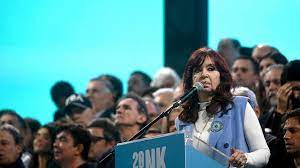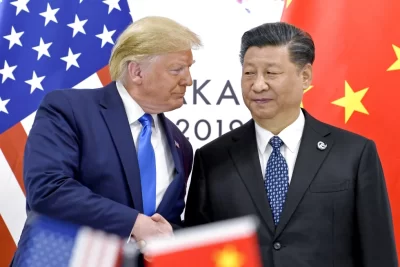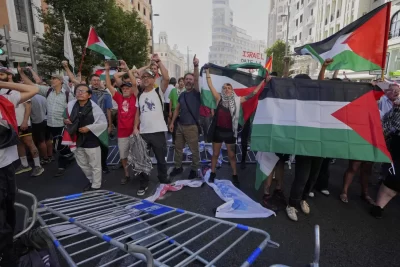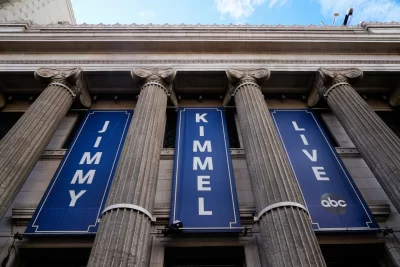
A federal appeals court in Argentina reopened a money laundering investigation into Vice President Cristina Fernández de Kirchner on Tuesday, increasing her legal woes just weeks before she leaves office and loses her immunity from arrest.
Fernández, 70, who served as president from 2007 to 2015, leaves office when President-elect Javier Milei is sworn in on Dec. 10. She already has been sentenced to six years in prison in a separate corruption case involving her ties to family friend and businessman Lázaro Báez.
That sentence, issued in December 2022, isn’t firm until appeals are decided, which could take years, and anyway she has been immune from arrest while still in office. Now, her advancing age could spare her time behind bars, because detainees who are 70 or older generally are granted house arrest in Argentina.
Federal Judge Sebastian Casanello had ruled earlier this year that Fernández be removed from what came to be known as the “K money trail” case, saying there was no evidence she participated in the money laundering. Báez was sentenced to 10 years in prison in the case.
Fernández blamed the ruling Tuesday on Marci, characterizing it as one of several instances in which Macri got his way within what she deems a corrupt judiciary.
“To think that in Argentina, there are still those who talk without flinching about the independence of the judiciary,” Fernández wrote on her X account.
The “K money trail” is only one of several cases Fernández faces.
In the previous case involving Báez, she was convicted on accusations of favoring the businessman in public works contracts. Her preliminary sentence also includes a lifetime ban on holding public office.
Another case against the vice president revolves around separate accusations of money-laundering involving hotels owned by her family.
Additionally, she faces criminal accusations that while president she and several top officials tried to cover up the perpetrators of the 1994 AMIA Jewish community center bombing through a controversial agreement with the Iranian government to jointly investigate the attack.
Fernández was cleared of charges in the latter two cases, but then in September the nation’s highest criminal court, the Federal Cassation Court, revoked the earlier rulings and ordered the trials to move forward.





